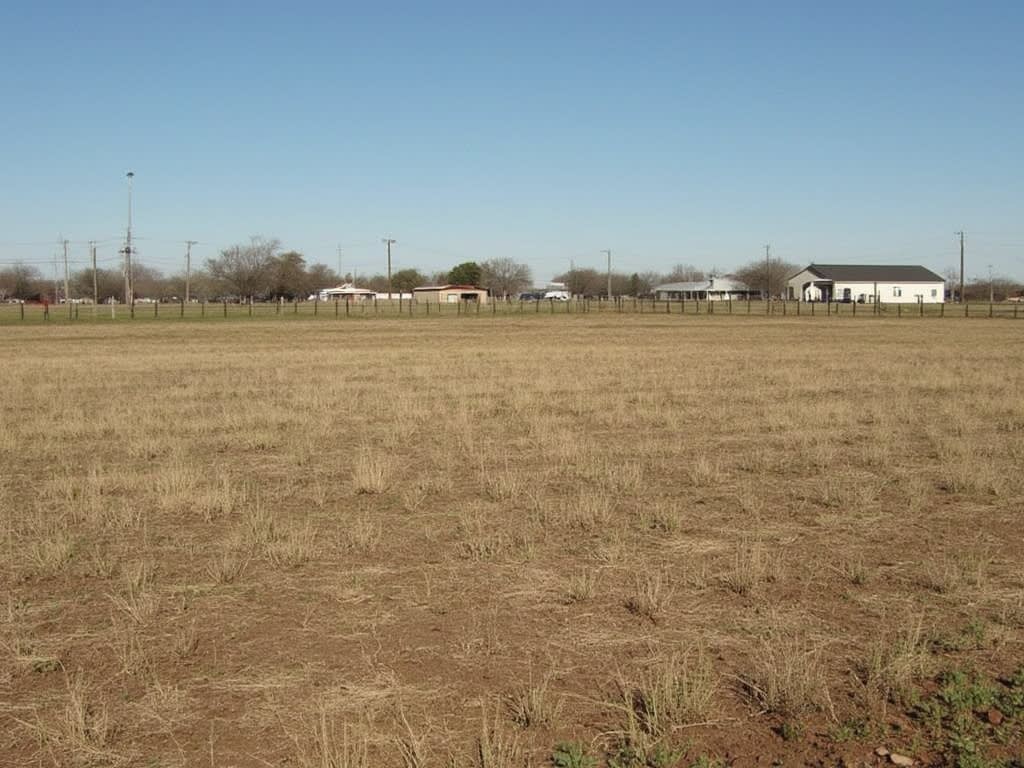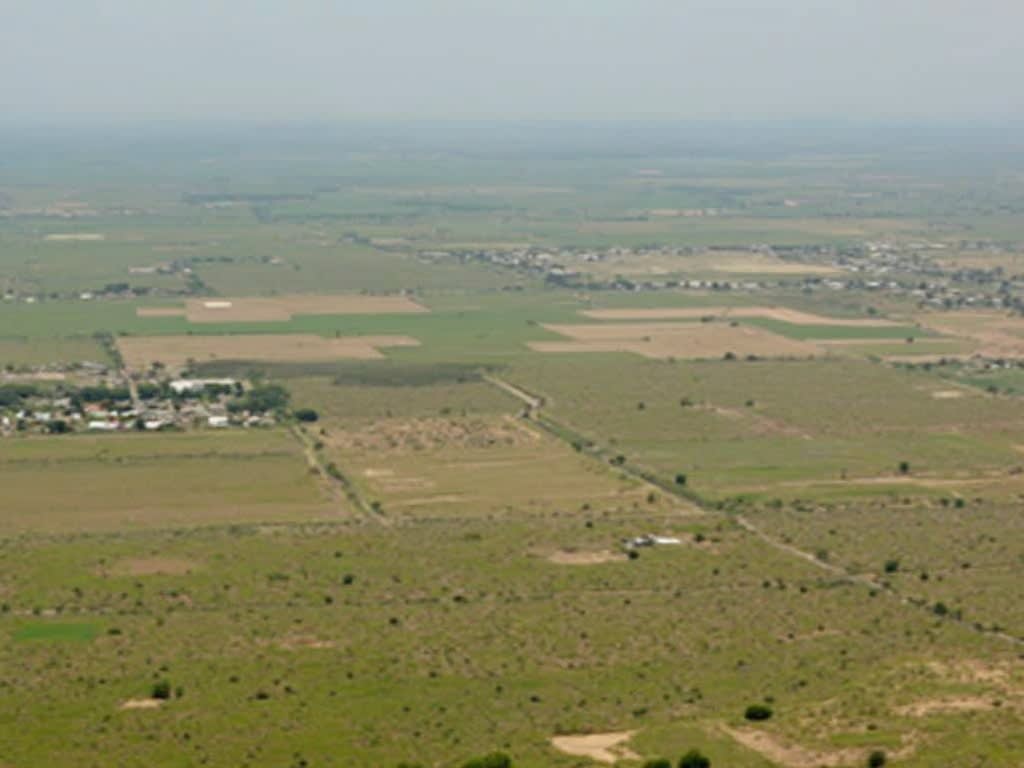Selling land in Texas demands thorough preparation of legal documents and property details, from necessary elements like the Seller’s Disclosure Notice to current property surveys. Each step, from initial pricing to final closing, carries specific requirements for title insurance, mineral rights paperwork, and local county rules that need clear understanding. If you plan to sell vacant property in Texas, start by gathering all essential documentation.
Key Takeaways
- Legal documents must include property code disclosure forms, title insurance, and clear documentation of mineral rights ownership
- Land appraisal by qualified professionals plus recent survey data ensure correct property values and boundary lines
- Strategic marketing via MLS and digital platforms, paired with high-quality photos, draws serious buyers
- Formal offers need clear terms covering earnest money, contingency clauses, and specific closing dates
- The closing process spans 30-45 days with costs including title insurance, recording fees, and escrow charges
Legal Requirements and Documentation
Essential Documentation for Texas Land Sales
Texas law requires specific documentation before selling land. I recommend completing a Seller’s Disclosure Notice, which details any known defects, repairs, or issues affecting the property. This document safeguards both parties and must be provided to potential buyers before closing.
Here are the key legal requirements for selling land for cash in Texas:
- Property Code disclosure form listing all material defects
- Title insurance policy (sellers typically pay for this in Texas)
- Documentation of any existing zoning restrictions
- Copies of covenants, conditions, and restrictions (CC&Rs)
- Proof of mineral rights ownership status
- Current property survey and boundary documentation
- Tax certificates showing paid property taxes
Failing to provide these documents can result in contract termination or legal issues. Each county may have additional requirements, so checking with local authorities ensures full compliance with state and municipal regulations.

Property Preparation and Valuation
Value Assessment and Documentation
I recommend starting with a professional land appraisal to establish accurate market value. A certified appraiser analyzes comparable sales, location factors, and development potential to determine your property’s worth.
Here are the essential preparation steps for selling Texas land:
- Land Survey: A current survey marks boundaries and identifies encroachments. Costs range from $500-$2,000 depending on lot size and complexity.
- Title Report: This document shows ownership history and reveals potential claims against the property.
- Easement Review: Check for utility, access, or conservation easements that affect property use.
- Lien Search: Clear any tax liens, mortgage liens, or mechanic’s liens before listing.
Properties in Harris County face additional considerations due to the county’s 20+ zoning categories, which can impact land value and permitted uses. Each zone carries specific restrictions and development rights that buyers need to understand.
Your property documents should be organized and accessible. This includes the current deed, tax records, existing surveys, and any relevant permits or restrictions. A clear chain of title makes the sale process smoother and builds buyer confidence. Missing or unclear documentation can delay closing or reduce the final sale price.
Proper preparation and accurate valuation create a strong foundation for marketing your land. These steps help attract qualified buyers and support your asking price during negotiations.
Marketing Strategies for Land Sales
Digital Marketing Platforms
I recommend listing your Texas land property on the Multiple Listing Service (MLS) to reach qualified buyers through established real estate channels. The MLS connects you with active real estate professionals who charge an average 5-6% commission in Texas. Online platforms like Zillow and LandWatch expand your property’s visibility to targeted land buyers.
Creating Compelling Listings
Professional photography makes your land listing stand out in competitive markets. Here’s what to focus on:
- Aerial drone shots showing property boundaries
- Seasonal photos highlighting natural features
- Close-up images of valuable assets like water sources
- High-resolution panoramic views of the landscape
- Photos of access roads and infrastructure
A strong property description paired with quality visuals attracts serious buyers faster than basic listings. Include specific details about mineral rights, soil quality, and nearby development to demonstrate value.

Negotiation Process and Deal Structure
Creating a Strong Written Offer
I recommend starting the negotiation process with a detailed written offer that includes your proposed purchase price and specific terms. Your offer must outline key elements like earnest money deposits, closing timeline, and any special conditions.
Here are the essential components to include in your land purchase offer:
- Purchase price and payment structure
- Earnest money amount (typically 1-3% of purchase price)
- Property survey requirements
- Proposed closing date (standard 30-60 days)
- Inspection period duration
- Financing contingencies if needed
- Property access conditions
- Mineral rights specifications
The contingency period lets you perform due diligence while keeping your earnest money safe. I suggest including contingencies for title review, environmental assessments, and zoning verification. This gives you an exit path if issues arise during inspection.
During price negotiations, stay focused on market comparables and the property’s specific attributes. Consider making a slightly lower initial offer to leave room for back-and-forth discussion. Having financing pre-approval strengthens your position and can help sell your land faster in Texas.
Remember that negotiations extend beyond just price – payment terms, closing costs, and included assets can all be points of discussion to reach a mutually beneficial agreement.

Closing the Transaction
Title Company’s Role
A title company serves as your neutral third party during the land sale’s final stages. They’ll handle escrow funds, manage required documentation, and issue title insurance to protect against future ownership claims. The process typically takes 30-45 days from contract to closing.
Closing Costs and Documentation
I recommend preparing for these standard Texas closing costs:
- Title insurance premium (based on property value)
- Recording fees ($20-50 per document)
- Escrow fees ($500-1000)
- Property tax prorations
- Survey fees if required ($500-2000)
The final document review includes checking the settlement statement, deed transfer paperwork, and tax certificates. After closing, you’ll need to:
- Keep copies of all signed documents
- Update property tax records
- File the deed with your county clerk
- Notify relevant utility companies
- Transfer any existing permits or licenses


